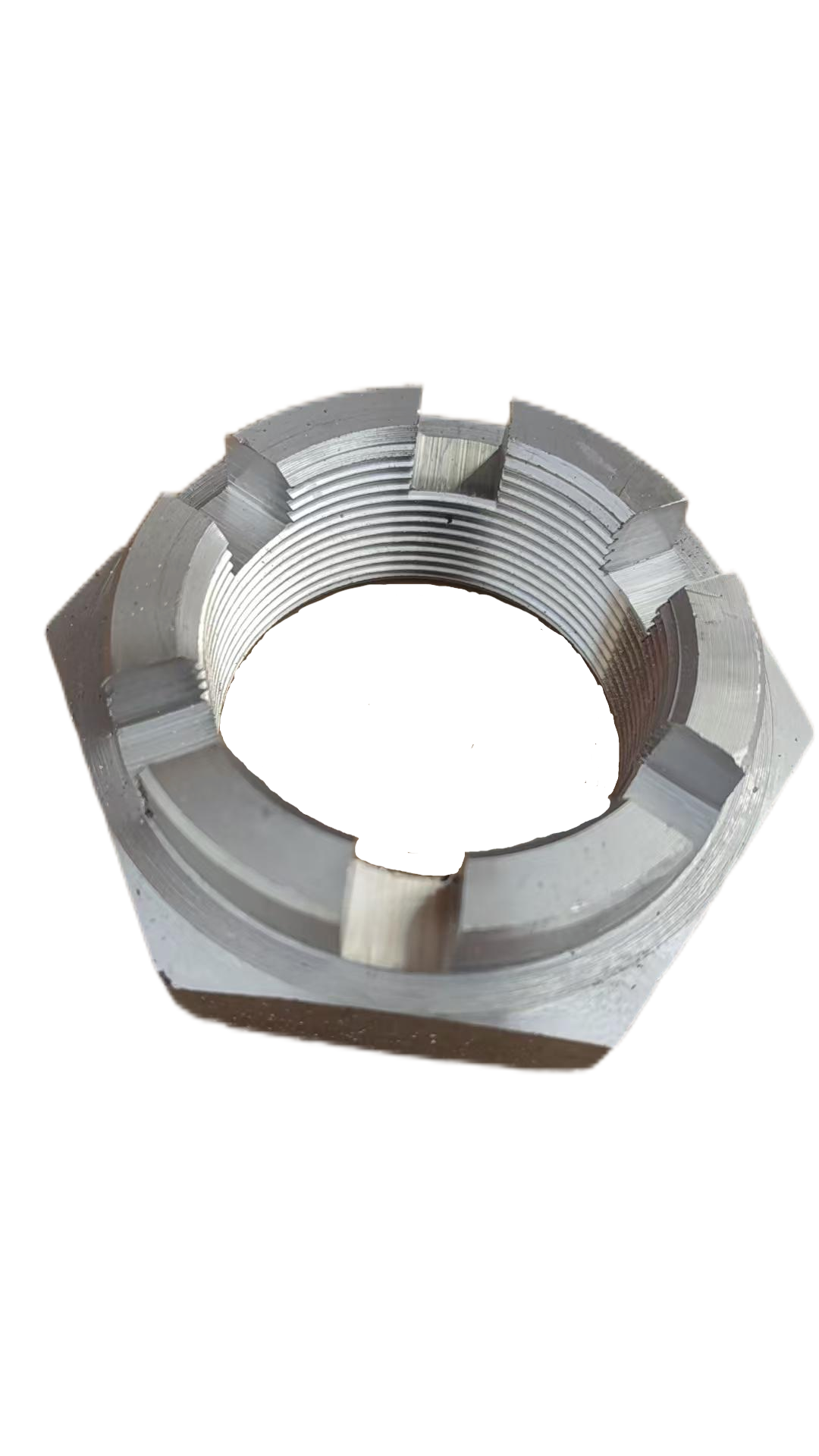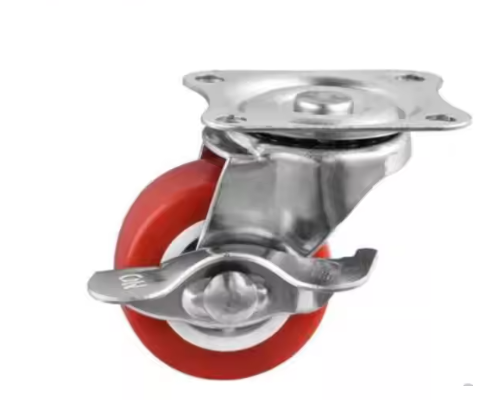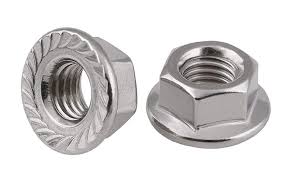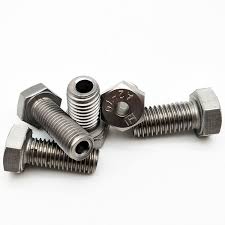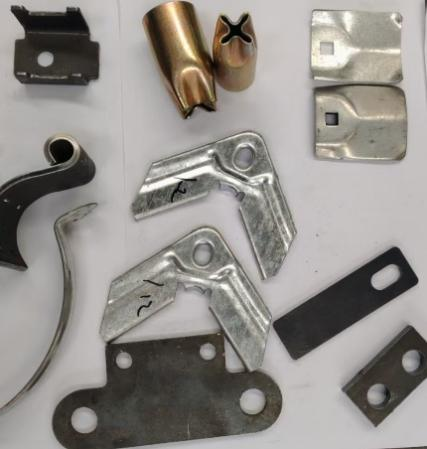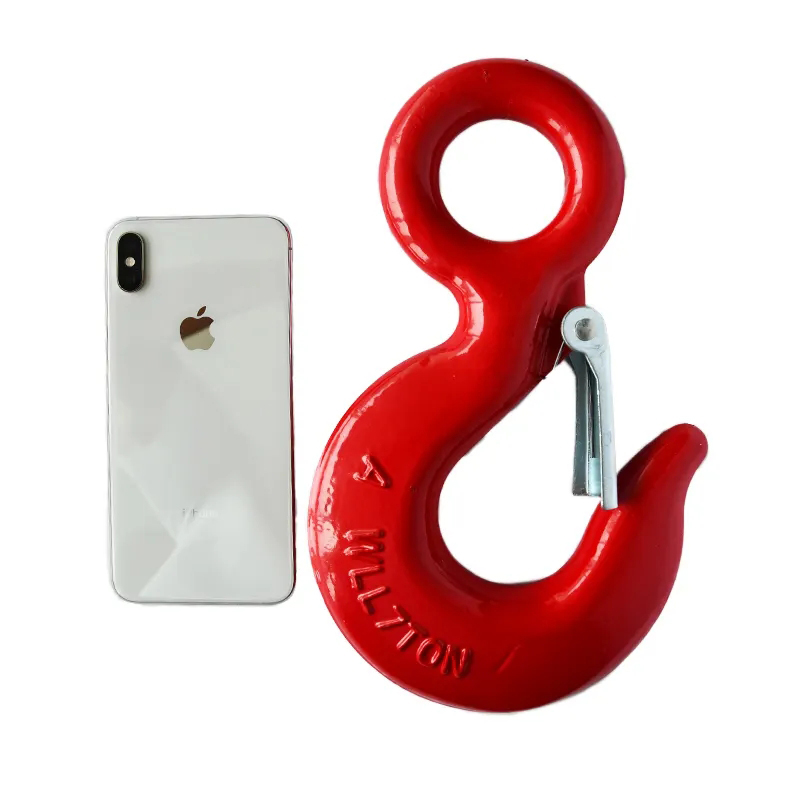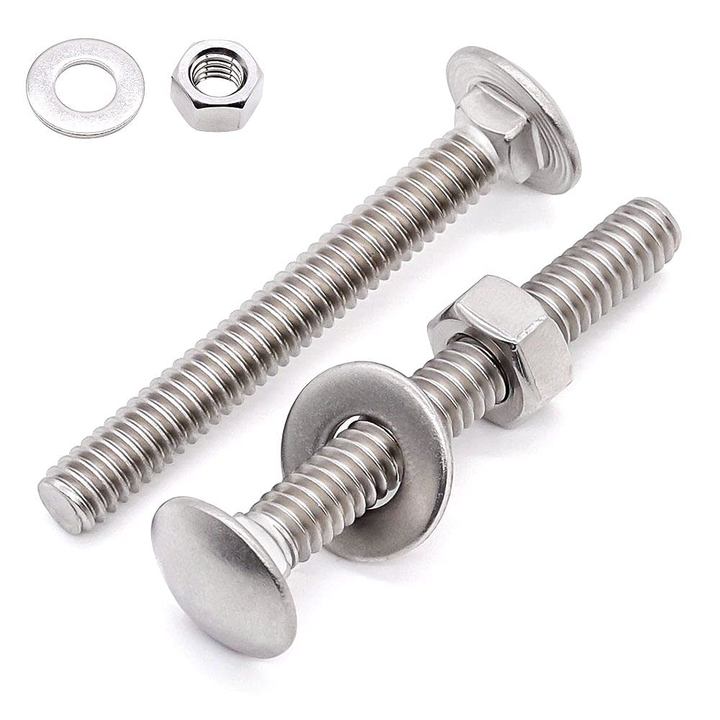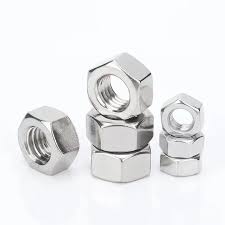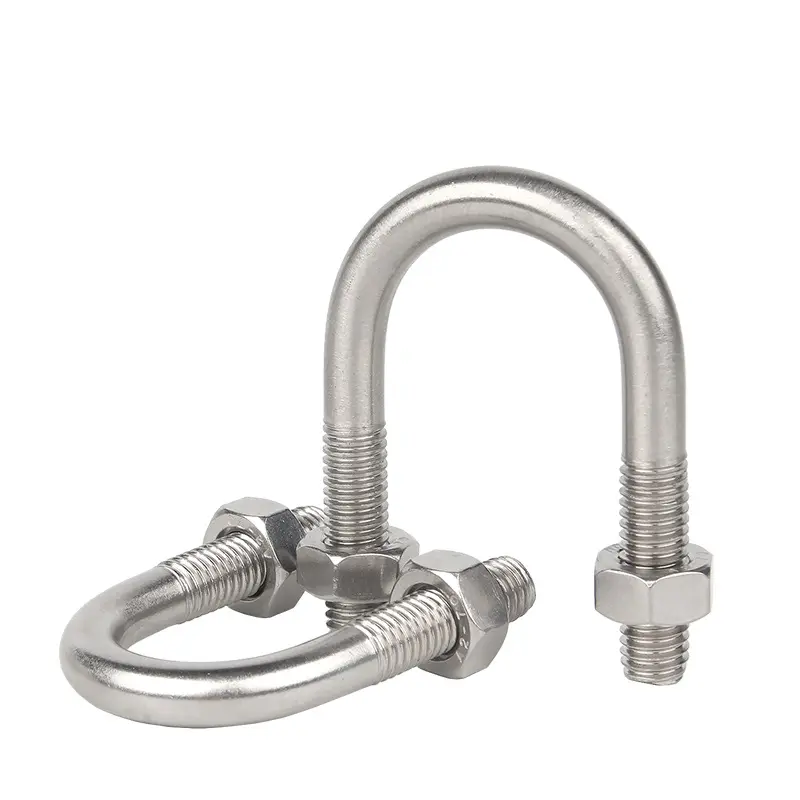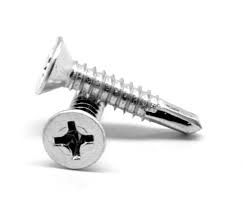

This comprehensive guide helps you navigate the world of eye nut factories, providing insights into choosing the right supplier based on your specific requirements. We explore factors like production capacity, material quality, certifications, and more, empowering you to make an informed decision. Discover key considerations to ensure you source high-quality eye nuts that meet your project demands.
Eye nuts are versatile fasteners with a wide range of applications across various industries. Common types include forged eye nuts, welded eye nuts, and stamped eye nuts, each offering unique properties suitable for different load capacities and environmental conditions. The choice depends heavily on the intended application; for instance, high-strength applications might require forged eye nuts, while lighter-duty applications might utilize stamped eye nuts. Understanding these differences is crucial for selecting the appropriate eye nut for your specific project.
Eye nuts are typically manufactured from various materials, including steel (carbon steel, stainless steel, alloy steel), brass, and aluminum. The material selection influences the eye nut's strength, corrosion resistance, and overall lifespan. Stainless steel eye nuts, for example, are preferred in corrosive environments due to their superior resistance to rust and degradation. Choosing the right material ensures the eye nut can withstand the intended load and environmental conditions.
Consider the eye nut factory's production capacity to meet your order volume and delivery deadlines. A reputable factory will be transparent about its production capabilities and lead times. Inquire about their minimum order quantities (MOQs) and their ability to handle both small and large-scale orders. Reliable lead time estimates are critical for project planning and scheduling.
Look for eye nut factories that adhere to strict quality control measures and possess relevant industry certifications, such as ISO 9001. These certifications demonstrate a commitment to quality management systems and manufacturing best practices. Request quality control reports and certificates to verify the factory's adherence to these standards. This ensures the consistency and reliability of the eye nuts you receive.
Obtain detailed quotes from multiple eye nut factories, comparing their prices, payment terms, and any associated shipping costs. Ensure the pricing is transparent and reflects the quality of the eye nuts and the level of service provided. Negotiate favorable payment terms to suit your business needs.
Beyond the factory itself, several other factors impact your decision. These include:
While we cannot endorse specific factories, thorough online research is crucial. Search for eye nut factory along with geographical limitations (e.g., eye nut factory China, eye nut factory USA) to refine your results. Remember to check multiple sources and compare their offerings before making a decision.
For high-quality eye nuts and exceptional service, consider exploring options from reputable suppliers. A thorough due diligence process will help you identify a reliable partner for your eye nut needs.
One potential supplier you might wish to research further is Hebei Dewell Metal Products Co., LTD.
| Feature | Supplier A (Example) | Supplier B (Example) |
|---|---|---|
| Minimum Order Quantity | 1000 | 500 |
| Lead Time (days) | 30 | 20 |
| Material Options | Steel, Stainless Steel | Steel, Brass, Aluminum |
Note: Supplier A and Supplier B are examples only and do not represent real companies. Always conduct your own research before selecting a supplier.


